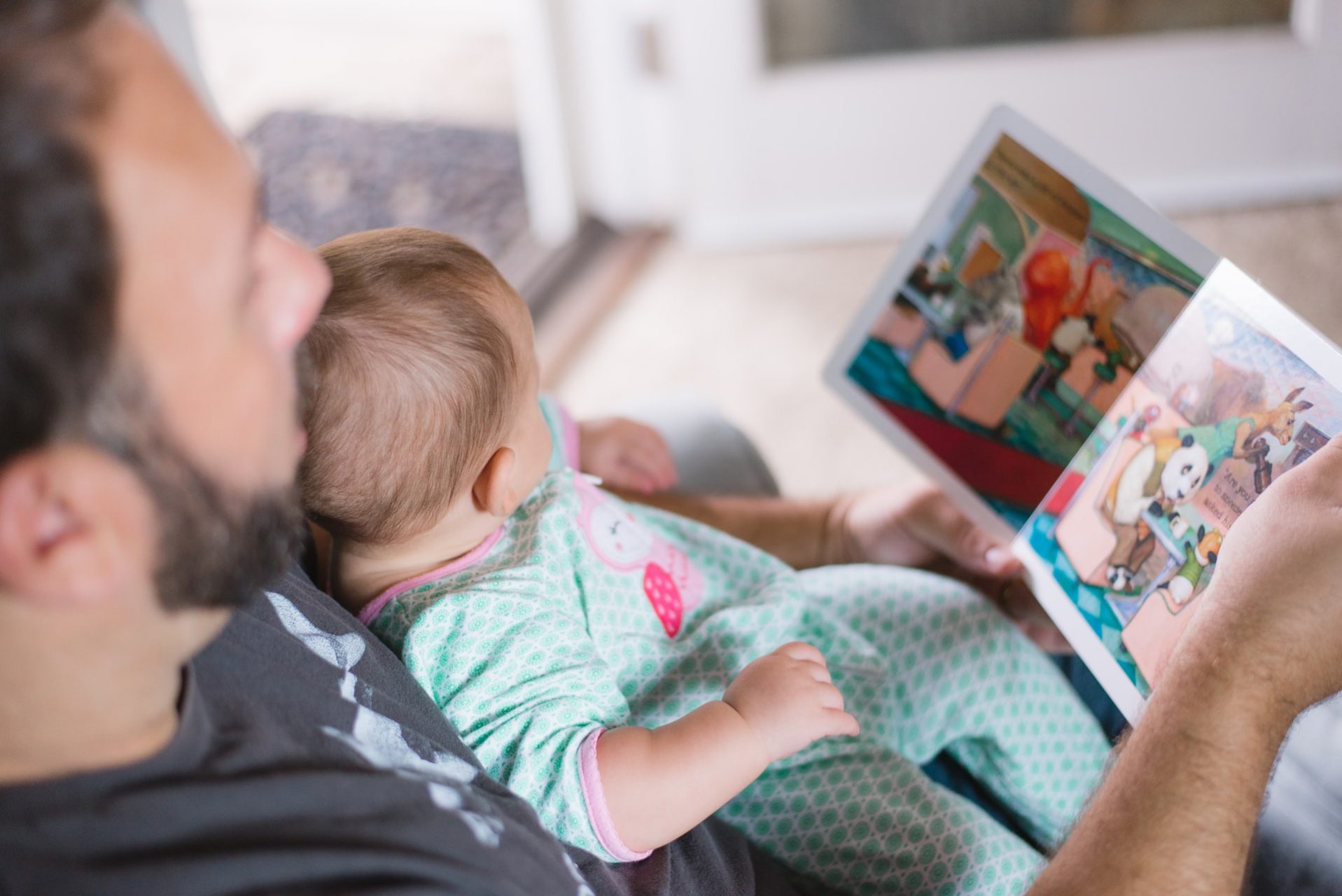Dr Samantha Evans, Senior Lecturer in Human Resource Management at Kent Business School, comments on how work/life balance during the Covid-19 pandemic has led to many fathers spending more time with their families and why this flexibility should be here to stay.
‘The idea of a special day to honour fathers was introduced to the UK from the United States, where it has been celebrated since 1910. Father’s Day provides us with the opportunity to give thanks for the important role of fathers. This year in particular gives us time to reflect on the challenges that the Covid-19 pandemic has brought to parents, including fathers.
‘While the pandemic has shone a light on the lack of balance and flexibility for childcare, with a heavy burden placed on women, it has also given many fathers the opportunity to re-define their role. Dads are spending more time than ever before with their children, according to a report from the Office for National Statistics.
“Shift attitudes”
‘Fathers have also said that spending time with their children and partner has been one of the key positive aspects of working from home in a recent report on working from home during lockdown. The evidence also suggests that men want to spend more time caring for their children post-pandemic. The Covid-19 lockdown and increase in home working does seem to have helped shift attitudes on the cultural norms around the gendered division of unpaid work in the home, but how can this be sustained and extended to become the new normal?
‘The historical lack of support and encouragement for fathers to combine work and childcare means it is no surprise that mothers have carried a greater load during the pandemic. Fathers who want to take a more active role in raising their children have long been failed by poor support for paternity leave and outdated policies in the workplace that do not meet their needs. With women found to be suffering higher levels of work-life conflict and stress through carrying the burden of work, care and home schooling during the pandemic, proper support from government and employers is urgently needed. This includes support for fathers to be more involved in the care of their children and unpaid work in the home.
‘In a post-pandemic world, employers can go a long way to offering such support, by being flexible and supportive of all their employees, including working fathers. Hybrid working, enhanced paternity and parental leave, inclusive cultures and greater respect for working parents will go a long way to recognising the important role of fathers and reflecting this in everyday working life – something worth celebrating this Father’s Day.’

